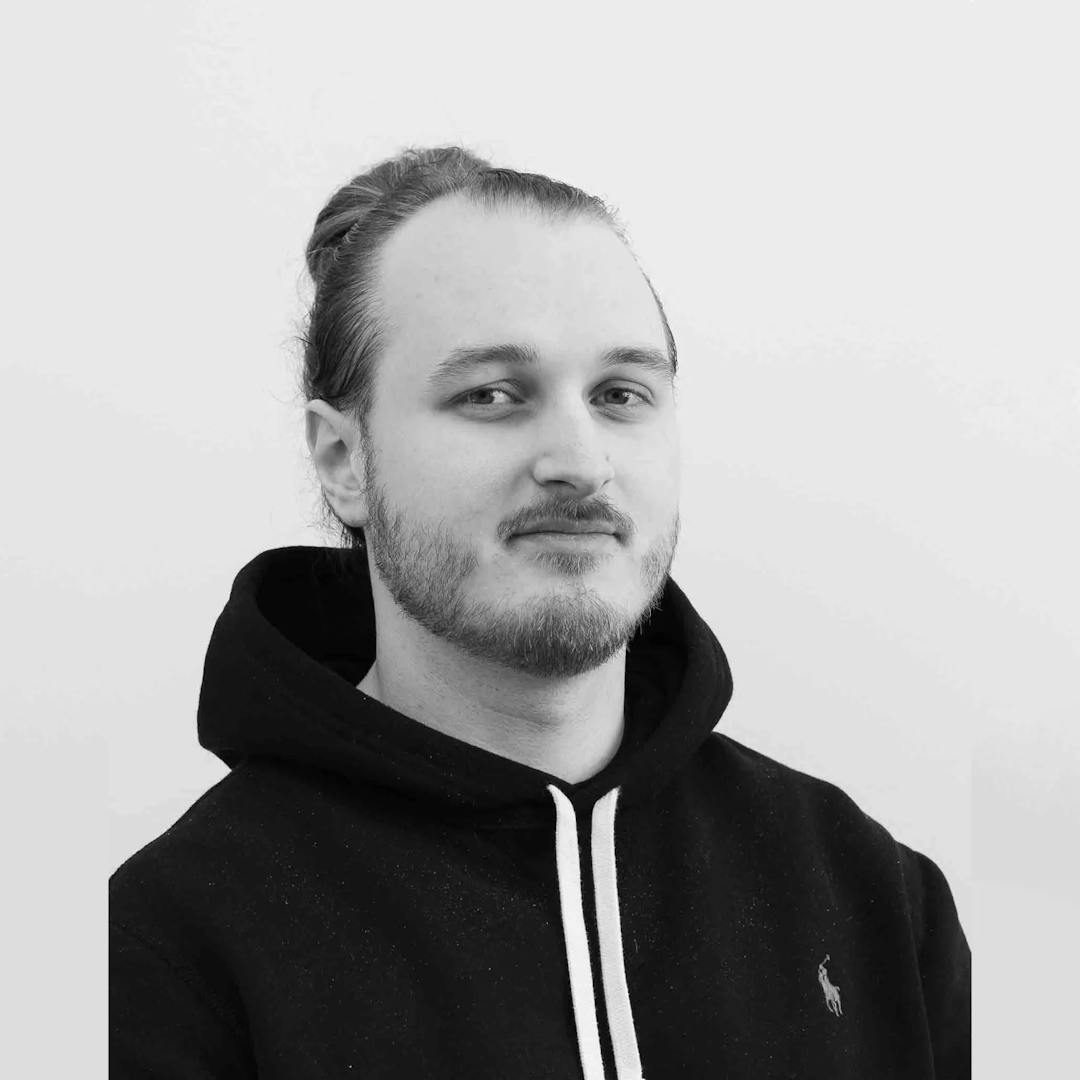About
My journey into coding began quite unexpectedly, at the age of seven, when I stumbled upon a button that launched Visual Studio with Visual Basic pre-installed, while playing around in Word. This accidental discovery ignited a passion for creating things through programming.
My interest really took off when I started combining programming with video games. I began creating my own plugins and mods for various games, starting with PAWN, then moving on to C# and LUA.
Eventually, I started hosting my own servers, which meant I had to build web systems to manage in-game actions. It was like being the wizard behind the curtain, making everything run smoothly while having a blast learning about server infrastructure and networking.
Currently working on AI and scalable systems at DNB
Experience
Sep 2023 - Present
1 year 6 months
🏦 DNB
Software Engineer
Kotlin, Quarkus, Mutiny, Kafka, Terraform, AWS/Cloud, Go, Bash, Python, TypeScript, React, Next, LLMs/GenAI, MCP and LoRa Finetuning
- Backend development in Kotlin and Quarkus, focusing on performance and scalability.
- Engineering pioneering solutions for the bank, utilizing cutting-edge technologies to drive innovation.
- Extensive use of asynchronous programming with Mutiny and Asyncio to handle complex and performant architectures.
- Architecting and developing applications using Kafka and other event streaming platforms.
- Working with Large Language Models (LLMs/GenAI), integrating the MCP protocol, and applying Low-Rank Adaptation (LoRa) finetuning for specialized applications.
- Playing a pivotal role in task forces, addressing critical issues and ensuring the operability of the bank during high-pressure situations.
Aug 2020 - Jun 2023
3 years
🎓 NTNU - Bachelor's Degree
Web Development
- Gained a comprehensive understanding of web development principles and practices.
- Conducted research on sustainable web design, culminating in two publications:
- The Awareness and Practices of Web Developers toward Sustainable Web Design (July 2023)
- Current Challenges and Barriers in Sustainable Web Design: A Qualitative Study (September 2023)
2015 - Present
10 years 2 months
📝 Freelance
Developer
PHP, JavaScript, C# and LUA
- Developing custom websites for clients.
- Creating scripts and plugins for various games and servers.
- Providing ongoing support and maintenance for existing websites.
Publications
Current Challenges and Barriers in Sustainable Web Design: A Qualitative Study
September 2023
Sustainable web design plays a crucial role in mitigating the environmental impact of websites and digital services. However, there is still a long way to go in implementing sustainable web design practices.
To understand current challenges and barriers in sustainable web design, we carried out a qualitative study gathering data from 27 participants, including practitioners, prospective practitioners, and academia in Norway. Our analysis revealed that a lack of knowledge and understanding of sustainable web design is the most frequently reported challenge.
Participants expressed a need for more information and specific guidelines on how to implement sustainable practices. Other challenges included a lack of prioritization among customers, a lack of motivation, comprehension difficulties, and a lack of syllabi in academia. Despite reporting similar challenges in implementing web accessibility and expressing dissatisfaction with the guidelines, the majority of the participants identified accessibility as their top priority, due to the current regulations in Norway.
This paper investigates challenges and the barriers they create in sustainable web design, as well as ways to overcome them, contributing to this emerging field.
The Awareness and Practices of Web Developers toward Sustainable Web Design
July 2023
Sustainable design should be one of the main objectives of digital systems and services to use the resources efficiently. Designing low-carbon websites through careful implementation of images, fonts, videos, and colour is useful to minimise environmental impact. Yet, low awareness and practices of web developers are the main challenges in developing sustainable digital systems and services.
This study explores how web developers view and practise sustainable web design. We collected data from 77 developers in Norway using an online survey. Our results show that, generally, web developers are aware of the web's impact on the climate, however they do not use the correct practices such as image file format, font subsetting, video codec, dark mode energy, and compression of audio/software to reduce this impact.
We discuss the practical implications of the study results and provide preliminary recommendations for addressing the need for delivering sustainable web design.
